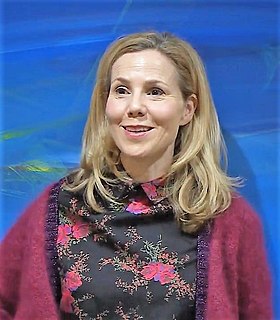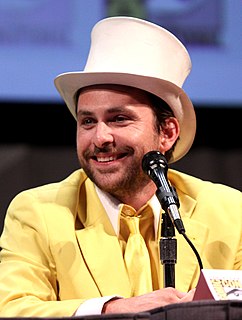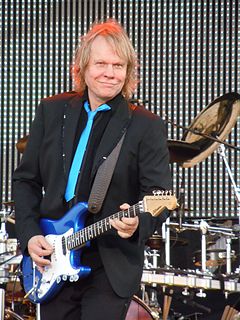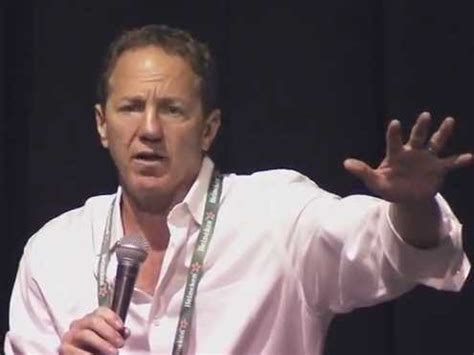A Quote by Sally Phillips
As a writer myself, my job has very often been to also write on the job. So you get the script and a vague idea of how the scene might work, and you then add funny words or change the script. I'm not the world's best writer or the world's best actor, but I can do that thing where I can fix - or ruin - fix-slash-ruin, add quirk, add value.
Related Quotes
At best, the relationship between drama critic and playwright is a pretty twiggy affair. When I'm asked whom I write for, after the obligatory, I write only for myself, I realize that I have an imaginary circle of peers - writers and respected or savvy theatre folk, some dramatic writers and some not, some living, some long gone. . . . Often a writer is aware as he works that a certain critic is going to hate this one. . . . You don't let what a critic might say worry you or alter your work; it might even add a spark to the gleeful process of creation.
Any good movie or script usually, if they're doing their job, gives the highest platform possible for an actor to leap off of, and that script was very high up there. It was a very smart, tight script. There was a lot of improv, as well, once we got to the set, but a lot of the original script was also in there.
There are multiple ways to solve a problem and add value. There are seldom right answers. So, you've got to use your abilities to diagnose a situation and use your best judgment on what to do and how to do it. You WILL make mistakes - when you do, admit them and go back and try to fix them. I don't know is often the right answer.
Intentional living is the bridge to significance. At the end of every year, I take time out to reflect and evaluate the events of the previous year - what went well and what needed improvement. From that inventory, I lay out my next year - how I intend to live, make the best use of time and maximize adding value to others. Success asks, 'How can I add value to myself?' Significance asks, 'How can I add value to others?' It is your intention that lends itself to significance.
I'm a shareholder in Microsoft Corp. of some size, and while I don't work for the place anymore, I think a lot about that investment, how - as an outsider - might I add value or not add value? Do I believe that things are headed in a good direction? So I wouldn't say I spend the majority of my time on that, but I spend some time on that as well.
I don't think fast enough on my feet in terms of the writing to change the script too much when I'm shooting it. I like to have it set and done and know that I feel good about it and I might add a few lines here and there while we're shooting, if I think of a new joke, I might toss it in, but for the most part, I try to stick to the written script and have all the latitude exist within that.




































